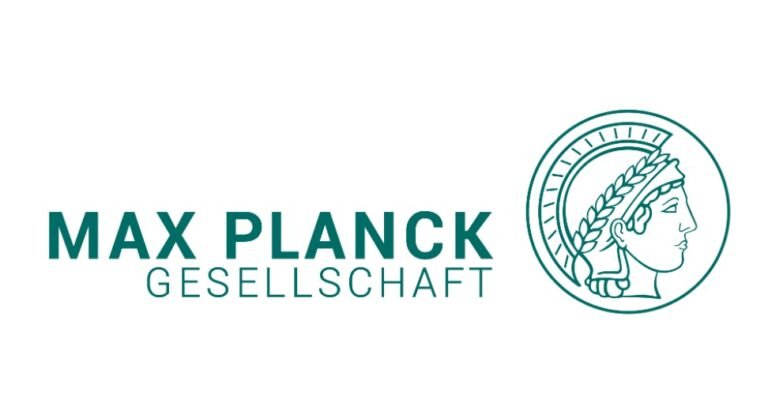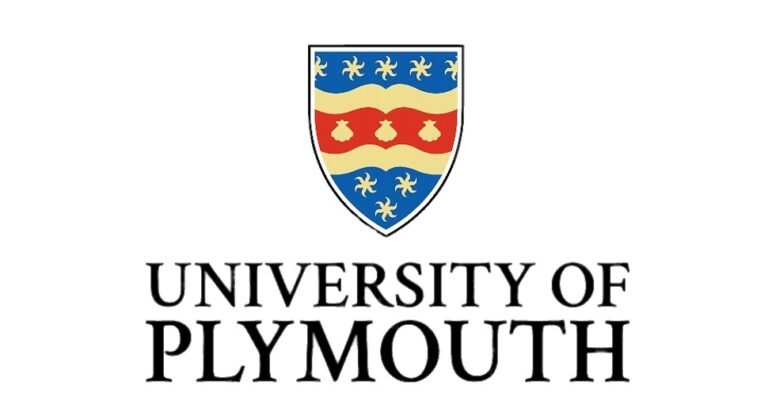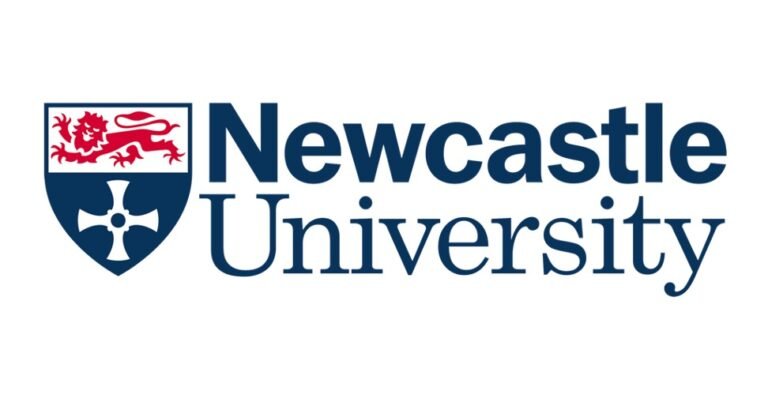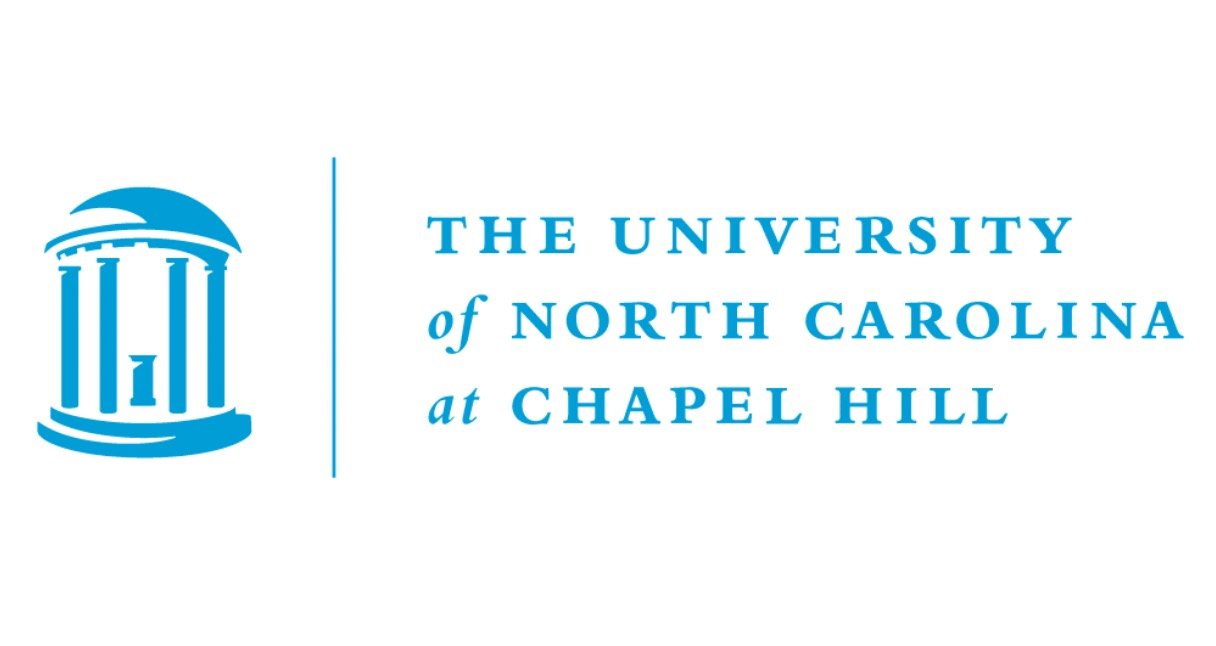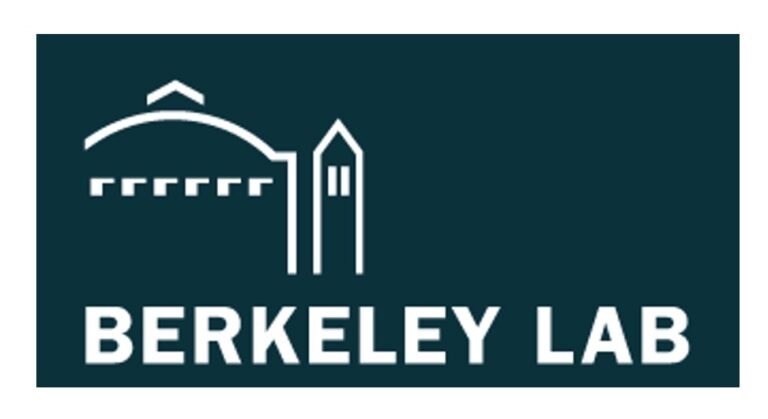The Max Planck Institute for Gravitational Physics (Albert Einstein Institute, AEI) in Potsdam, Germany, announces the opening of several PhD positions in “Gravity at the Extreme: from Theory to Observation”. We are particularly interested in hiring creative, proactive and motivated candidates who flourish at working in a vibrant, interdisciplinary and synergistic group. Successful candidates will join one of the scientific departments at the AEI in Potsdam, either the “Astrophysical and Cosmological Relativity” (ACR) or the “Computational Relativistic Astrophysics” (CRA) department.
The International Max Planck Research School (IMPRS) is comprised of the scientific departments and groups of the AEI at its locations in Potsdam and Hannover, and research groups at the University of Potsdam, the Humboldt University in Berlin, the Leibniz University in Hannover, and the University of Maryland. Our graduate students are exposed to a variety of research topics and have access to a world-wide research network, and they have the opportunity to join the LIGO Scientific Collaboration and the LISA Consortium through the ACR-division’s membership, and the Einstein Telescope Collaboration through the AEI-UP membership. For an overview of the IMPRS, its research groups, and the application procedure, please visit the IMPRS website.
The two research divisions (ACR and CRA) at the AEI in Potsdam operate three high-performance compute clusters to model gravitational-wave sources (binary black holes, neutron star binaries, and stellar collapse of massive stars), electromagnetic counterparts of gravitational waves, high-energy astrophysical phenomena, and to carry out waveform developments, and data analysis of gravitational waves observed by LIGO and Virgo detectors.
Research topics and research environment
Ph.D. theses can cover a broad spectrum of topics in gravitational-wave astronomy, high-energy astrophysics and fundamental physics, such as:
- analytical modelling of gravitational dynamics and radiation (within post-Newtonian theory, post-Minkowskian theory, gravitational self-force, black-hole perturbation theory, and effective-one-body theory),
- numerical-relativity, most notably simulations of compact objects in general relativity and alternatives,
- interpretation and analysis of data from gravitational-wave detectors on the ground (LIGO and Virgo) and in space (LISA),
- acceleration techniques for gravitational-wave inference, including machine learning,
- cosmography with gravitational waves (including dark energy, dark matter, gravitational lensing),
- tests of gravity in the strong-field and highly dynamical regime,
- modelling neutron star mergers as high-energy phenomena,
- modelling electromagnetic counterparts of gravitational waves,
- modelling gamma-ray bursts.
Successful applicants will conduct their research projects at the AEI in Potsdam, and they will have to enrol and receive their Ph.D. degree from either the University of Potsdam or the Humboldt University in Berlin. The expected duration of the PhD program is three to four years. Applicants are required to have a Master degree by the start of the PhD program.
We offer
- A vibrant research environment with access to a world-class research facilities and cutting-edge research projects
- A structured English-language graduate program
- Fully funded positions, no tuition fees, and additional funding for conferences and professional development, more info on financial aspects, see here.
- Individual supervision and mentoring by research scientists who are leaders in their respective fields
- An excellent working environment with various on-campus support (computing facilities, PhD representatives, language courses, residence permit and visa support, children’s day care, etc.), located just 30 minutes from the city center of Berlin
Application process
In order to apply, please fill in this online form.
You will be asked to upload a cover letter, curriculum vitae, university transcripts, a statement of research interests (no more than three pages), a list of publications (if applicable), and your Master thesis (if applicable). The statement of research interests should describe the student’s past research experience, future research interests and how they relate to the IMPRS’s scientific mission.
Applicants also need to indicate the names of three referees for recommendation letters. Referees will be notified by email on how to upload the letters. More information on the preparation of the documents can be found on the IMPRS website and the IMPRS’ FAQ section.
Candidates are encouraged to apply as soon as possible. The deadline for full consideration is December 6th, 2024.
Equal opportunities
The Max Planck Institute for Gravitational Physics is an equal opportunity employer, and is committed to providing employment opportunities to all qualified applicants without regard to race, color, religion, age, gender identity, sexual orientation or national origin. The Max Planck Society is committed to increasing the number of individuals with disabilities in its workforce and therefore encourages applications from such qualified individuals. Our institute and the Max Planck Society welcome persons with diverse backgrounds, experiences, and ideas who embrace and value diversity and inclusion (Code of Conduct [https://www.aei.mpg.de/450712/code-of-conduct.pdf]). The institute promotes a healthy work-life balance by offering all employees a family support service, cooperation with a nearby international kindergarten, as well as an in-house parent-child office and nursing room.
